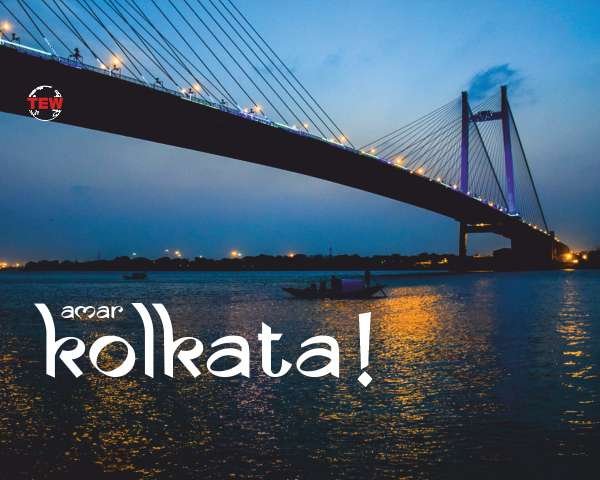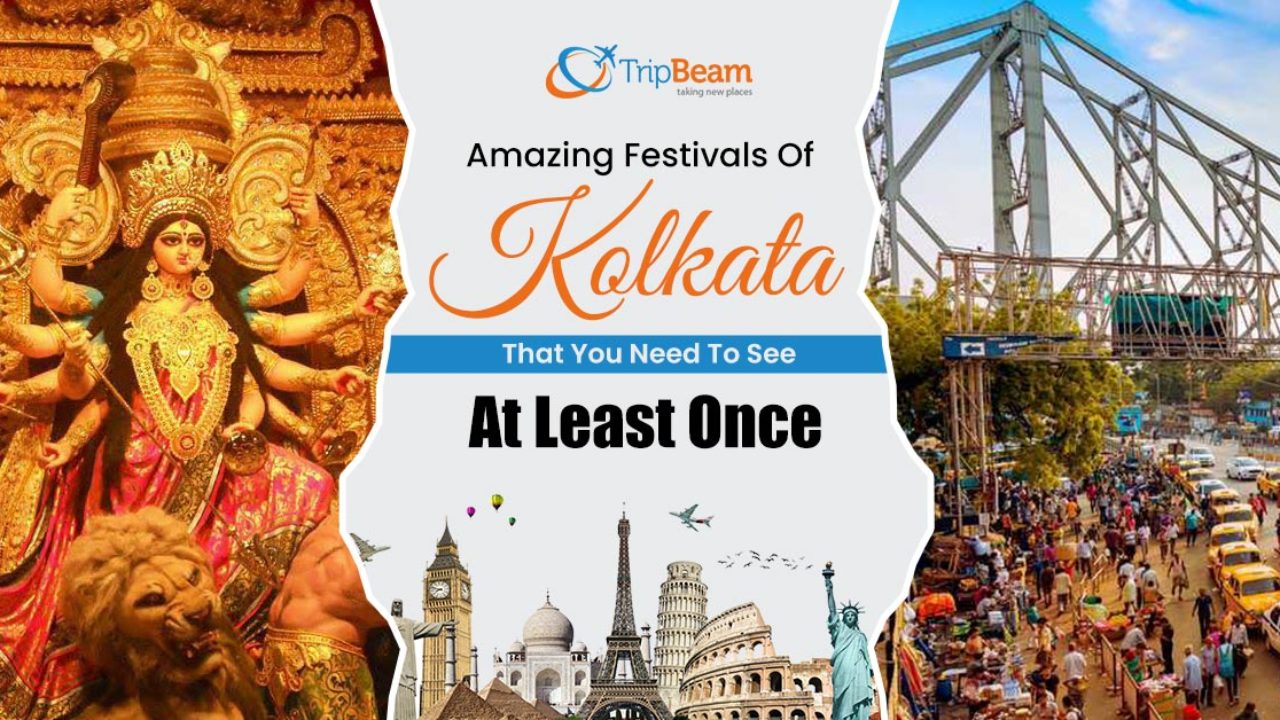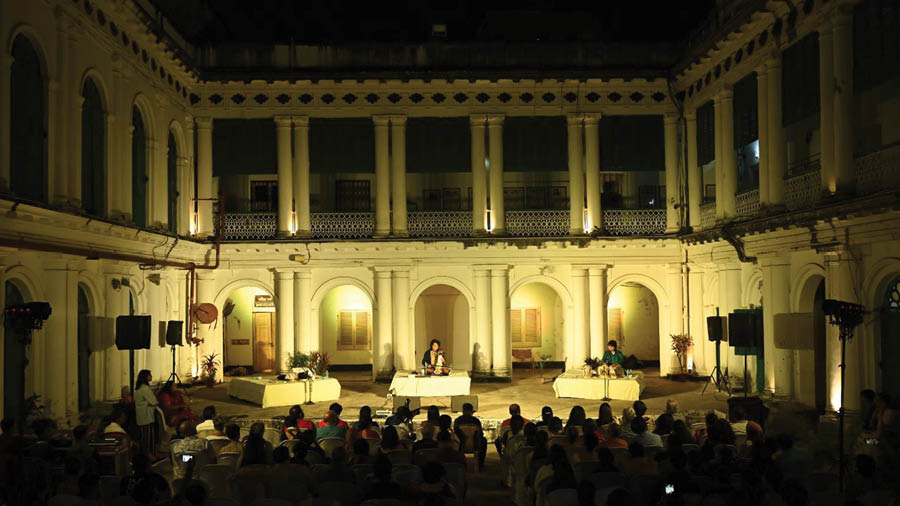Kolkata: Cultural Capital of India

Historical Significance of Kolkata as a Cultural Hub
How Kolkata Earned the Title of Cultural Capital
Kolkata, often referred to as the cultural capital of India, truly earned this recognition through its rich tapestry of art, literature, and intellectual movements. This city has been home to some of the nation’s most prominent figures, including Rabindranath Tagore and Satyajit Ray. The legacy of vibrant festivals, traditional crafts, and diverse artistic expressions further solidifies its position as a cultural hub.
- Key Contributions:
- Formation of cultural institutions such as the Indian Museum.
- The Bengali Renaissance, a critical intellectual awakening in the 19th century.
Influence of British Colonial Era on Kolkata’s Culture
The British colonial era played a transformative role in shaping Kolkata’s cultural landscape. As the capital of British India until 1911, the city became a melting pot of various influences.
- Cultural Exchange:
- Introduction of Western education and literature.
- Establishment of universities and educational institutions, fostering a new middle class.
The architectural legacy from this era, including stately buildings like the Victoria Memorial, speaks volumes about Kolkata’s historical significance and cultural fusion. This blend of Eastern and Western traditions continues to thrive, reflecting the city’s vibrant spirit.

Traditional Arts and Literature in Kolkata
Rich Heritage of Tagore’s Literature
Rabindranath Tagore, a luminary of Bengali literature, left an indelible mark on Kolkata’s cultural landscape. His poetic works and songs resonate with the essence of human emotion and nature. Growing up in Kolkata, many locals find solace in his verses, which echo through their everyday lives.
- Contribution Highlights:
- “Gitanjali,” a collection of poems that gained international acclaim.
- Tagore’s theatrical productions, blending arts and literature, continue to inspire new generations.
Impact of Bengal School of Art on Kolkata’s Culture
The Bengal School of Art emerged in the early 20th century as a response to Western influences, fostering a revival of Indian art principles. This movement not only enriched Kolkata’s artistic expression but also nurtured a sense of national identity.
- Key Features:
- Prominent artists like Abanindranath Tagore and Nandalal Bose.
- A focus on traditional Indian themes and techniques, merging them with contemporary styles.
The outcomes of this rich heritage are evident in the numerous art galleries and exhibitions that dot the cityscape, drawing art enthusiasts from all walks of life. The interplay between Tagore’s literature and the visual arts of the Bengal School showcases how Kolkata continues to celebrate its traditional arts and literature vibrantly.

Festivals and Celebrations in Kolkata
Durga Puja : The Grand Celebration
Durga Puja is undoubtedly the most important festival in Kolkata, bringing the city together in a vibrant display of culture and devotion. Every year, thousands flock to beautifully crafted pandals, each telling a unique story through art and design. Growing up in Kolkata, many have fond memories of immersing themselves in the festive atmosphere, from savoring delicious street food to participating in cultural performances.
- Key Highlights:
- Pandal hopping to witness intricate artistry.
- Traditional rituals performed with great fervor.
Kolkata International Film Festival : Showcasing Global Cinema
In addition to religious celebrations, the Kolkata International Film Festival shines a spotlight on the world of cinema. Conducted annually, this festival celebrates creativity and artistic expression while fostering connections in the film industry.
- Features of the Festival:
- Screenings of international films and documentaries.
- Opportunities for budding filmmakers to showcase their work.
This convergence of cultural and cinematic festivities illustrates how Kolkata uniquely blends tradition and modernity, celebrating both heritage and innovation in equal measure.

Performing Arts and Music Scene in Kolkata
The Legacy of Bengali Theatre
Bengali theatre is a cherished tradition in Kolkata, steeped in history and steeped in emotion. It has evolved significantly over the years, captivating audiences with profound narratives and compelling performances. For many locals, attending a play at an iconic venue like the Nandan or the Academy of Fine Arts offers an unforgettable experience.
- Highlights of Bengali Theatre:
- Pioneering playwrights like Sarat Chandra Chattopadhyay and Manoj Mitra.
- Annual theatre festivals showcasing emerging talents and classic plays.
Evolution of Kolkata’s Music Industry
Kolkata’s music scene is just as vibrant, encompassing classical, folk, and contemporary genres. The city has seen a flourishing of musical talent, from legendary Rabindra Sangeet to modern fusion bands. Many find inspiration in the rhythmic beats that resonate through the streets, whether it’s at a local concert or an impromptu jam session.
- Music Industry Features:
- A rich tradition of classical music schools and training.
- Numerous venues hosting live performances, fostering local artists.
This rich tapestry of performing arts and music illustrates how Kolkata not only respects its past but also embraces innovation and creativity, making it a dynamic hub for artists and audiences alike.

Culinary Delights of Kolkata
Exploring Kolkata’s Food Culture
Kolkata’s food culture is a feast for the senses, marked by a melange of flavors and aromas that reflect its rich heritage. It’s a culinary journey that celebrates both its traditional Bengali roots and diverse influences from various cultures. Residents often share cherished memories of family gatherings centered around hearty meals, showcasing signature dishes that are anything but ordinary.
- Cuisine Highlights:
- Fish curry, particularly the famous “macher jhol.”
- Sweets like “rosogolla” and “mishti doi.”
Famous Street Foods of Kolkata
No discussion of Kolkata’s culinary scene is complete without mentioning its renowned street food. The city streets come alive with vendors offering delectable bites that are a must-try for anyone visiting.
- Popular Street Foods:
- Puchka (Panipuri): A tangy burst of flavors in every bite.
- Kathi Rolls: Delicious wraps filled with spiced meats or vegetables.
- Jhalmuri: A puffed rice snack mixed with spices and mustard oil.
Exploring Kolkata’s culinary delights allows one to experience the cultural essence of the city, showcasing how food is integral to its identity and community spirit.
_-_1865_20190601080649.jpg)
Architecture and Landmarks in Kolkata
Iconic Buildings: Victoria Memorial and Howrah Bridge
Kolkata is a city where history and architecture intertwine beautifully, evident in iconic landmarks like the Victoria Memorial and Howrah Bridge. The Victoria Memorial, with its majestic white marble structure, is a testament to colonial grandeur and serves as a museum housing art and artifacts. Many locals cherish leisurely strolls in its sprawling gardens, often reminiscing about the city’s past.
- Howrah Bridge: An engineering marvel, this cantilever bridge connects Kolkata to Howrah and has become a symbol of the city’s resilience and spirit.
Cultural Institutions: Indian Museum and Academy of Fine Arts
In addition to its stunning architecture, Kolkata is home to vital cultural institutions like the Indian Museum and the Academy of Fine Arts. The Indian Museum, with its extensive collection, ranging from fossils to ancient artifacts, is a treasure trove for history enthusiasts.
- Academy of Fine Arts: This revered institution showcases various artistic disciplines, providing a platform for local artists to exhibit their work.
These landmarks and institutions highlight Kolkata’s rich architectural heritage and cultural vibrancy, making the city a living museum teeming with stories from the past.




